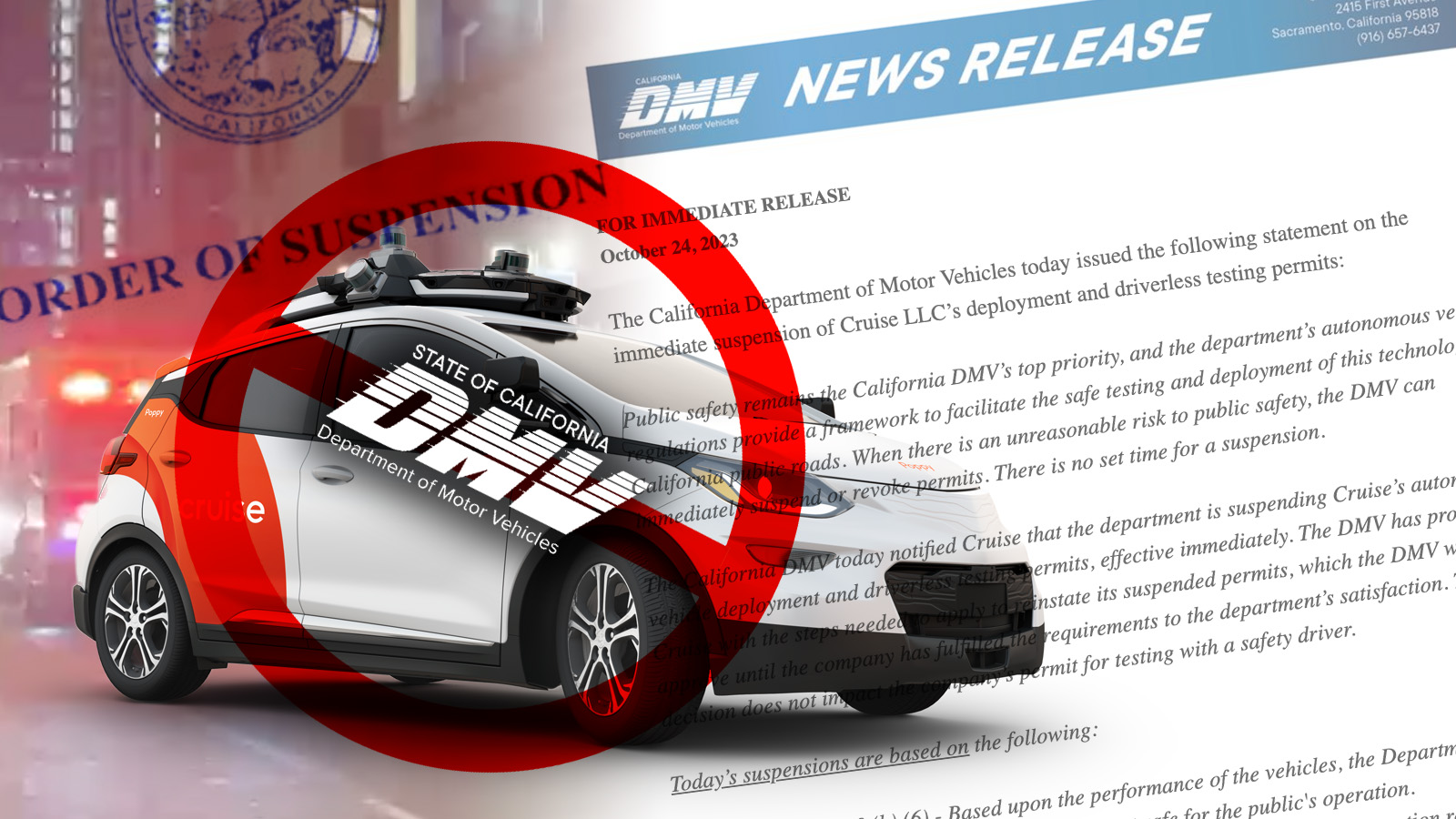CivDrone: Breaking Through The Hype By Staking Out A New Workflow Paradigm
Watching the news today is reminiscent of the sound of fingernails screeching down a chalkboard. Few reporters take the time to truly analyze the context of their stories from superstorms to mass shootings to the widespread adoption of autonomous systems. Even trade publications are guilty of hyping pole-dancing robots over articles about the future of work. Redskins cornerback Josh Norman said it best in response to the news of Andrew Luck‘s retirement: “We’re human beings. We’re not robots. You can’t turn us on, turn us off when you want…”

Norman is correct, humans are fallible by definition; Robots, on the other hand, are capable of performing the most tedious missions consistently. It is this premise that drives CivDrone‘s founder Tom Yeshurun, an Israeli-born engineer, to disrupt the trillion dollar construction market with an aerial surveying robot. As the entrepreneur explains, “Infrastructure projects are very complex and long. They require hundreds up to thousands of [survey] markings everyday, because each element and structure has to be built in a precise location in the real world based on the blueprints. Without markings, builders are blind and most likely will make mistakes.” These blunders end up costing developers millions, if not billions, in labor, materials and time. Yeshurun describes how the current processes are outdated and ripe for innovation, “Today this is done manually by surveying crews who walk in pairs, with an advanced GPS system (RTK) that guides them to the coordinates, hammering stakes into the ground and scribbling numbers on them that refer to table sheets/blueprints. Very complex, slow, room for human error and inefficient.”
To expand its global operations, CivDrone announced this week that it has closed a new financing round. The investment was led by ff Venture Capital, an early investor in the robotics / construction workflow space with SkyCatch in 2013. In the words of John Frankel, ff VC’s founding partner, “We see what Tom and the team are doing to be a next-generation solution to digitalizing construction and related fields. The Civdrone solution is faster, cheaper and 10x better than existing solutions and empowers the owners and builders of infrastructure to know more about what is happening than was possible only a few years ago.” As a ff VC venture partner, I was first introduced to CivDrone at the Genius NY accelerator. After joining Genius, CivDrone was selected as a finalist in the incubator’s competition and walked away with a prize of $500,000 (plus a growing roster of pilot customers). It was clear then, and especially now, the company represents a new class of workflow solutions enabling blue collar workers to upskill and maximize their hours on the job.
Yeshurun further elaborates, “One drone operator and an assistant can replace 4 surveying crews.” The math is simple: a traditional crew of surveyors marks just over 100 points a day, while CivDrone’s automated platform is able to precisely mark 500 in the same time period, with just one worker. Furthermore, the founder boasts, “It is more reliable since we log when a coordinate was marked, we ensure it is accurate and we know who read the stake which is valuable information for the general contractor. By making it digital we can use the smart stake as a project management tool and increase construction site productivity. Since Civdrone required less personnel and equipment, it is much cheaper and allows flexibility.” Yeshurun’s vision is for his unmanned system to become THE standard for land surveying, forging a “new era of smart autonomous construction.”

This “new era” was validated in a 2016 McKinsey & Company report that cited high-definition surveying and digitalizing workflow as the critical steps to modernizing the construction industry in order to keep pace with global spending on infrastructure, which is estimated to exceed 55 trillion by 2030. Historically, construction has lagged behind other industries in R&D spending, leading to low growth in productivity hovering at 1% a year for the last two decades. According to Ramzi Jreidini of DATACONOMY, “Construction is one of the most traditional industries in the world and ingrained attitudes and ideas are tough to dislodge. Management teams and company heads will need to be flexible and teachable if they are going to change and relearn entire processes.” However, in the past two years the drive by builders for greater margins and hiring shortages has led to an uptick in IT spending. Jreidini stated that the results of these early deployments are shifting the industry mindset, “Change is always easier to implement when the potential results are backed up by data – and the data clearly shows that efficiencies will result from digitization and globalization.” In turn these early implementations have sparked private capital to take notice with over a billion dollars of new investment in startups offering: collaborative software solutions, 3D visualization technologies, autonomous robots, drones and other mechatronic inventions.
 As the collaborative workflow market continues to expand with novel use cases for drones, robots and mobile software, Civdrone is focused on carving out its niche across pipelines, roadways, ports, railways and energy fields. Breaking down his system, Yeshurun expounds, “We are using heavy lifting enterprises drones and are adapting the landing gear to ensure having enough room for Civdrone staking robotic mechanism.” Beyond the hardware, the drone also contains an “onboard RTK and intelligent mission planning algorithm to ensure accurate safe landing and positioning. The robotic staking mechanism is capable to mark any point beneath the device and ensure sub inch accuracy of markings.” The drone and its proprietary software are only part of the equation, its connected-stakes provide readable tags that dynamically link to cloud-based blueprints. It is this end-to-end platform that has been attracting interest by a variety of multinational facility providers aiming to slash costs.
As the collaborative workflow market continues to expand with novel use cases for drones, robots and mobile software, Civdrone is focused on carving out its niche across pipelines, roadways, ports, railways and energy fields. Breaking down his system, Yeshurun expounds, “We are using heavy lifting enterprises drones and are adapting the landing gear to ensure having enough room for Civdrone staking robotic mechanism.” Beyond the hardware, the drone also contains an “onboard RTK and intelligent mission planning algorithm to ensure accurate safe landing and positioning. The robotic staking mechanism is capable to mark any point beneath the device and ensure sub inch accuracy of markings.” The drone and its proprietary software are only part of the equation, its connected-stakes provide readable tags that dynamically link to cloud-based blueprints. It is this end-to-end platform that has been attracting interest by a variety of multinational facility providers aiming to slash costs.

When I nudged Yeshurun about Cividrone’s impact on the future of labor, he retorted, “Most construction tasks will be done by robots on the job site with workers alongside them.” He envisions that these robots will be operating around the clock producing better results than their human counter parts. As presidential candidates bolster the need for America to spend billions on upgrading its aging infrastructure, the era of smart construction could be coming sooner than expected, enabling new human-robot workflows. As Democratic presidential candidate (and former RobotLab speaker) Andrew Yang declares, “We need to immediately invest in infrastructure. Not only can we avoid the negative repercussions, but we can create up to 15 million jobs over a ten-year period….We can also use this rebuild to experiment with innovative new technologies.”
Editor’s Note: Join RobotLab on September 25th at 6pm when we discuss “Is Today’s Industry 4.0 A Hackers Paradise?” with cybersecurity expert Chuck Brooks of General Dynamics, sponsored by GENIUS NY at SOSA’s Global Cyber Center, RSVP Today!









